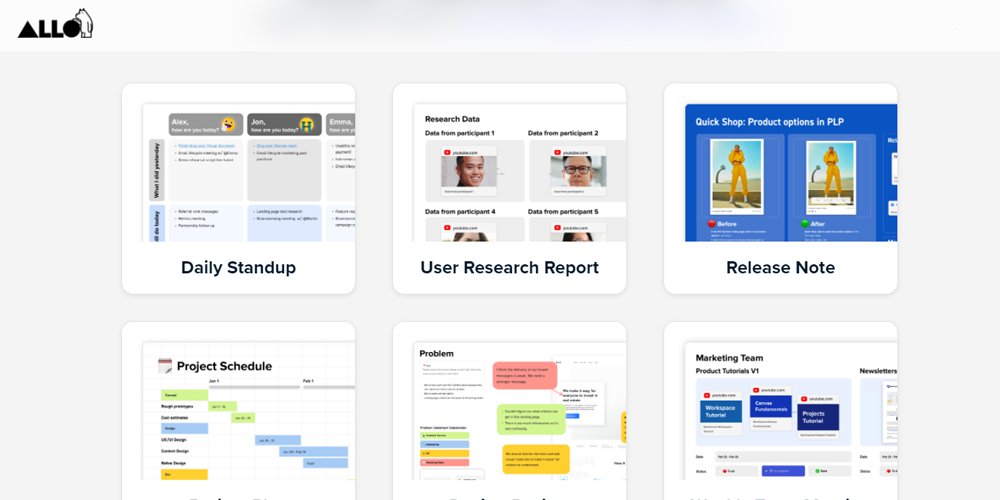There’s never been a better time to start a robotics business. Robots have been around long enough that you can find parts and support easily, but not so long that the market’s saturated. If you have an idea for a robotics company, now’s an excellent time to follow through on it.
Before you rush into creating your startup, though, you should consider a few things. No matter how desirable a market’s climate is, starting a business is a complicated and challenging venture. Of the millions of small businesses that start every year, only half will survive beyond five years.
It can help to see what other robotics businesses did right. It’s even more helpful to understand where failed ones went wrong. If you’re going to start a robotics business, avoid these seven common pitfalls.
1. Moving Too Quickly
Setting deadlines for yourself is an excellent way to stay motivated and productive. Just make sure your deadlines are reasonable. Too many robotics startups rush to push out their product without spending the necessary time refining all the small details.
Robots are tricky machines, so it’s worth spending the time getting them right. Starting a robotics business involves more than just making robots too. It’s a mistake to try to handle product development, financial management and legal paperwork all at once.
Even after launch, understand that it will take time to start earning any significant amount of money. Don’t be lazy, but don’t overwork yourself, either. Moving too quickly will result in bigger losses than anything you have to gain from it.
2. Having Too Broad a Vision
The robot market may not be saturated, but it’s still considerable. You need your robots to stand out in the crowd, and that requires a specific vision. What problem does your robot solve, and how does it do it better than any other option?
It’s not realistic to make a robot that everyone will buy. You need to identify a specific niche audience and create something that suits their needs. Even then, you need to specify what sets your robots apart from the competition.
Are you making a robot for factory work? What separates yours from the abundance of robotic arms in the manufacturing industry? Identify a need within your target audience and work to address it.
3. Rushing Into Hardware
If you’re starting a robotics company, then you probably want to start making robots immediately. Believe it or not, this is a mistake. Save your resources and save the hardware building for later.
Why shouldn’t you start working with hardware as soon as possible? It’s expensive, and robots are complicated. You need to work out all the kinks in your design before you start spending on materials.
You’ll most likely go through several models before you have your final product. If you build physical versions of each one, you’ll quickly burn through cash. Don’t mess with the hardware of your robots until you’re confident of your design and have more capital.
4. Waiting to Make Connections
You may want to wait to connect with consumers and investors until you have a finished product. It may seem like jumping the gun, but making connections early is crucial to your startup. If you don’t, your robotics business is almost sure to fail.
Talking with potential customers helps you see what their needs are. This information will help you create a more marketable robot. These conversations also help you establish your name in the industry before you bring your product to market.
It’s also essential to connect with investors early on. To build your company, you need capital, and capital comes from investors.
5. Turning to Too Many Investors
While you’re talking to these investors, make sure you don’t turn to too many of them. You need investment, but you also need to have control of your company. You need to walk a fine line between getting capital and remaining in power.
Accredited investors typically have a net worth of more than $1 million, but they’re still putting their own money in your business. Because they’re dealing with their personal bank accounts, they’ll likely want their investment fits their desires. This can lead to investors trying to push your company in a direction you don’t want.
Your robotics company is your dream. Bringing on too many investors can take that dream away from you. Turn to investors, but not so many that you lose control of your own company.
6. Focusing on Advances Over Profitability
When you do secure investors, don’t let the money go to your head. After investors give you an advance, it can be tempting to start spending more rapidly. Don’t let a few commas in the bank account distract you from making a profitable company.
Robots are expensive machines. You can burn through an advance quickly in this business, so don’t think a big check makes you invincible. Focus on profitability, no matter how much money is coming in.
Large sums of cash are nice, but they’re not what keeps your business alive. Keeping costs low and maximizing profit is how you’ll survive.
7. Not Documenting Everything
When you first start, you may think you can keep track of everything in your head. You’ll quickly find that this isn’t true. You need to document everything that goes on in your business, from profits to losses to failed ventures.
Details that seem small now may matter more later on. You have too much on your plate to be able to remember everything. It also helps to get used to keeping records, so you’re prepared when your company takes off.
As your robotics business grows in size and worth, you’ll need to start documenting everything. Why wait? Start bookkeeping now, even if it means hiring staff to do it.
Start Carefully and Build Slowly
Robotics is a multi-billion dollar industry, so you have a lot of potential for profit. To survive in this business, though, you’ll need to start carefully. Don’t fall for the same mistakes that failed startups in the past have.
If there’s one common thread through all this advice, it’s that building a company takes time. You won’t achieve success overnight, so why shoot for that? If you tread carefully and slowly build your company, your robotics business could be the next big thing.
The American Genius is news, insights, tools, and inspiration for business owners and professionals. AG condenses information on technology, business, social media, startups, economics and more, so you don’t have to.










































Jose Reyes Martinez
March 21, 2023 at 4:40 am
I’m starting a Robotics company Norvii Robotics,Inc Reselling Robots and Products